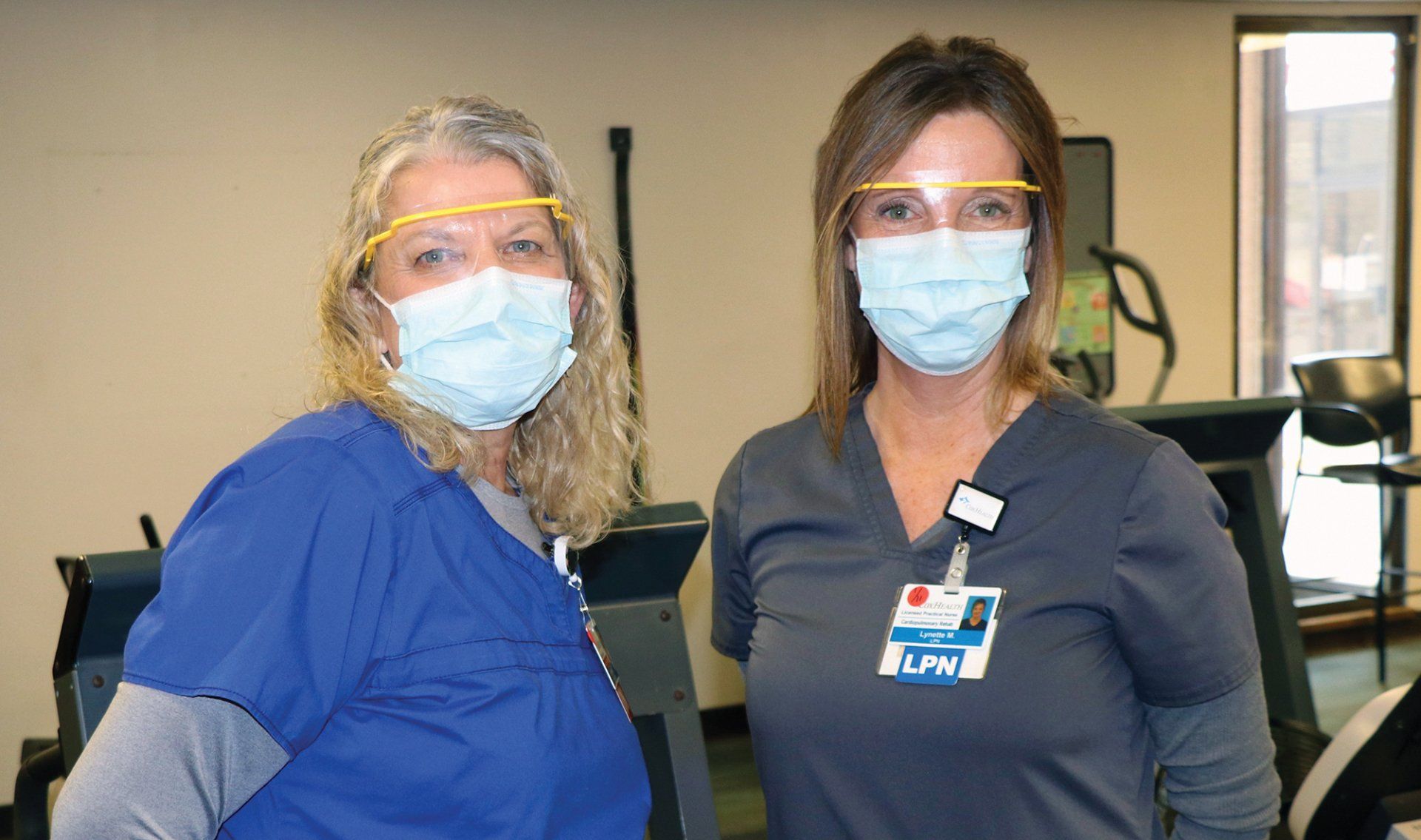American Heart Month
During the month of February there are hearts to be found as boxes of candy and valentines. But the American Heart Association draws attention to the heart that beats in each of our chests with American Heart Month. This federally designated event “reinforces the importance of heart health and the need for more research, with a reminder to get families, friends and communities involved” according to the American Heart Association website.
In February 1964, President Lyndon B. Johnson issued the first proclamation of February being American Heart Month. This was nine years after President Johnson suffered a heart attack. The American Heart Association’s goal is to inform Americans about the dangers of heart disease as well as preventative measures.
As Monettans celebrated the opening of the new Cox Monett Hospital on January 22, Dr. Meghan Patni shared his expertise on how all Americans can care for their hearts.
Facts about heart disease from the American Heart Association:
- Heart disease kills more people than all forms of cancer combined.
- Heart attacks affect more people every year than the population of Dallas, Texas.
- 83 percent believe that heart attacks can be prevented but aren’t motivated to do anything.
- 72 percent of Americans don’t consider themselves at risk for heart disease.
- And 58 percent put no effort into improving their heart health.

Dr. Meghan Patni
Interventional Cardiologist
Dr. Patni is an Interventional Cardiologist, Board Certified in Internal Medicine, Cardiology, and Interventional Cardiology. He serves as Cardiology staff for both inpatient and outpatient services at Cox Health South and sees patients at an outreach clinic at Cox Monett monthly saving patients time and money.
“I chose this medical specialty because I have the ability to make a real difference in people’s lives in terms of their overall mental and physical health and well-being,” Dr. Patni said.
The advice Dr. Patni gives echoes that of the American Heart Association. For those who are currently healthy and not battling heart disease, “Keep it that way,” Dr. Patni said. “Make lifestyle changes now if you already haven’t. Start early. Make those changes when you are in your 20s and 30s, don’t wait to react to heart disease because at that point we are playing catchup.”
Many factors affect cardiovascular disease (heart disease and stroke combined) that kills about 2,300 people each day. One particular factor that has become more prevalent in recent years is obesity, in both youth and adults. The American Heart Association reports that obesity is at an all-time high and that youths are being diagnosed with heart disease earlier than ever.
Dr. Patni also emphasized the importance of heart care for women. “The predominance of heart disease in women is much higher than people think,” he said. According to the Centers for Disease Control and Prevention (CDC), higher concentrations of heart disease in women can be found in the American South and identifies the annual rate of heart disease amongst women in Barry and Lawrence counties to be at the highest level, 335.2-900.5 out of 100,000 people.
Seeing these statistics shouldn’t make people lose hope. Dr. Patni said, “I have had patients who listen to their body. They had their version of chest pain with associated shortness of breath, nausea and they acted fast allowing me to get to them as soon as possible to minimize the damage done from the heart attack.”
Of course, the first step anyone can take is prevention. Factors that lead to higher risk of heart disease include: smoking, illicit drug use, sedentary lifestyle, poor eating habits, uncontrolled hypertension (high blood pressure), and diabetes.
Both the CDC and the American Heart Association encourage people to live a healthy lifestyle that includes eliminating smoking and illicit drug use. With growing obesity rates in the United States, being active and maintaining a healthy diet will help control excess weight.
“It is truly amazing how much a healthy lifestyle can reduce your risk for heart disease,” Dr. Patni said. “150 minutes of moderate activity a week with a diet with fresh fruits and vegetables and minimal fats and lack of smoking can really make a difference in how you feel and additionally reduce your risk for seeing me in the future.”
Should you find yourself in need of help from Dr. Patni and his team, the new Cox Monett Hospital has available cardiac and pulmonary rehab. Janell Patton, Cox Monett Community Relations Manager, describes these as “individualized treatment programs, including evaluation and instruction on physical activity, nutrition, stress management and other health related issues.”
This February let those images of hearts for Valentine’s Day also be reminders to care for your heart. Making choices to maintain a healthy lifestyle can have impacts on your heart health for years to come. And if you’d like to show your support for heart health, on Friday, February 5, you can participate in National Wear Red Day organized by goredforwomen.org.






